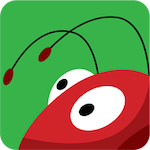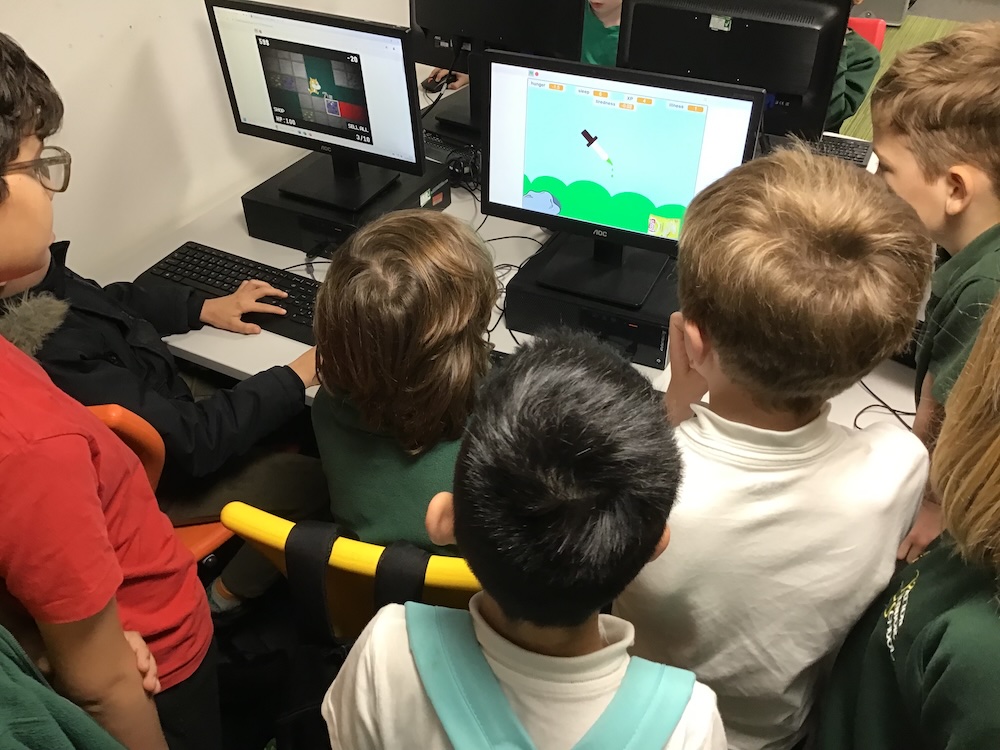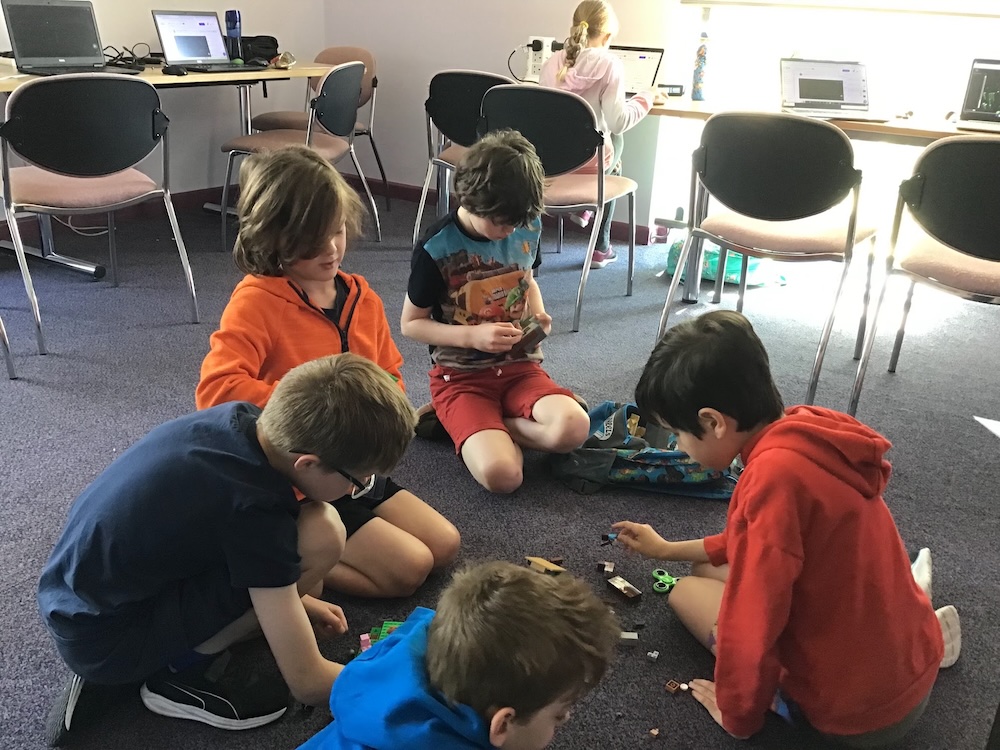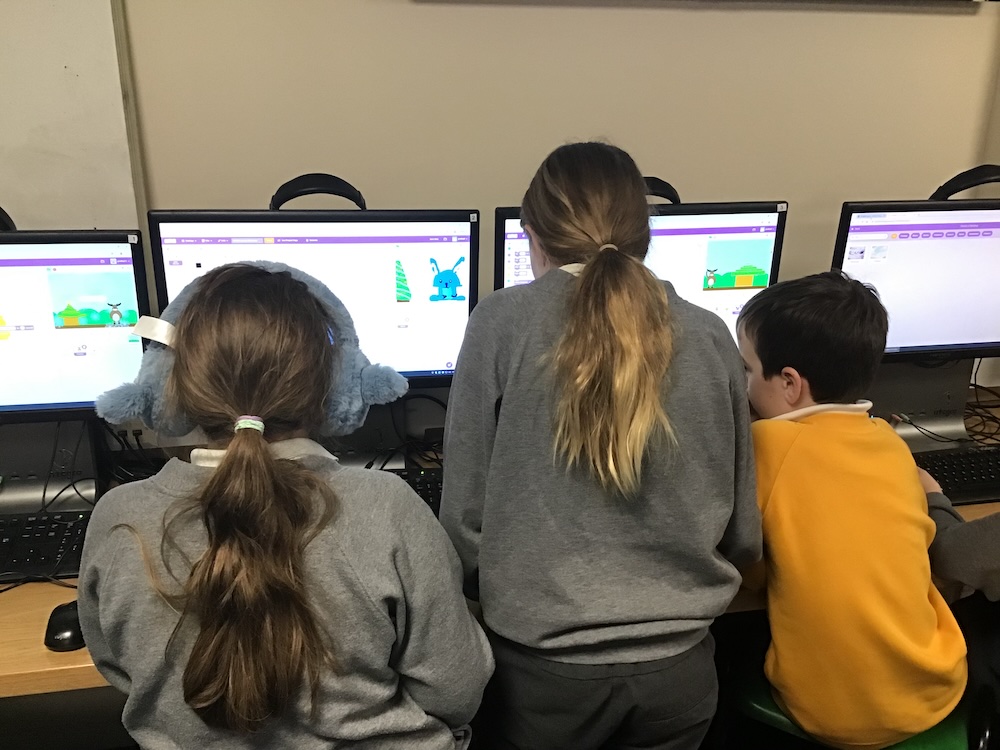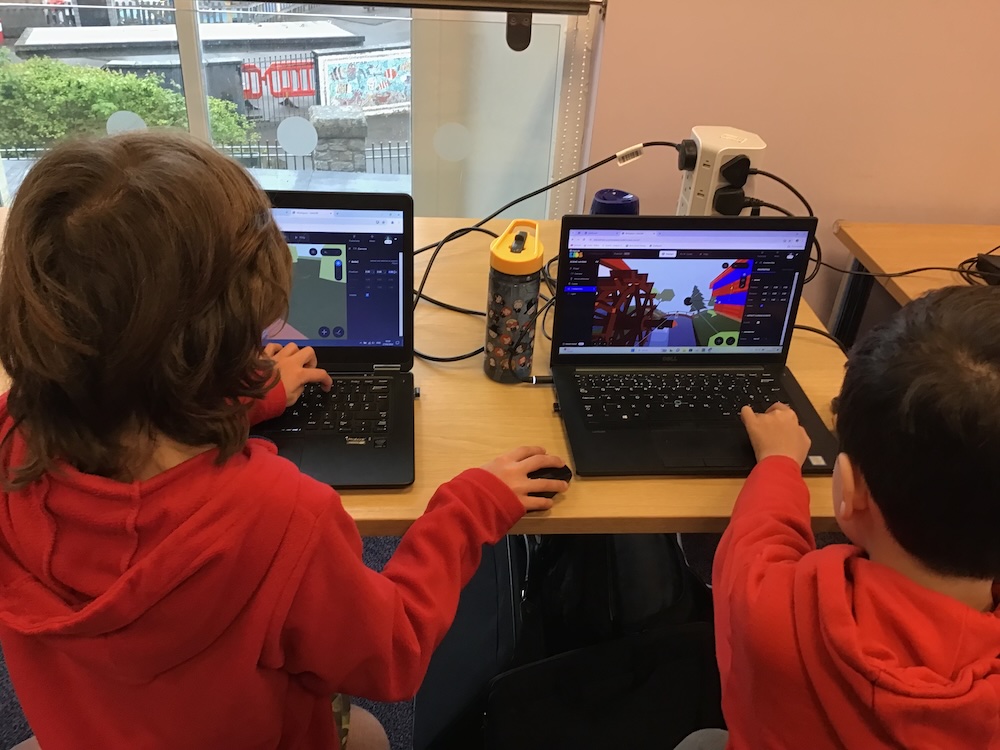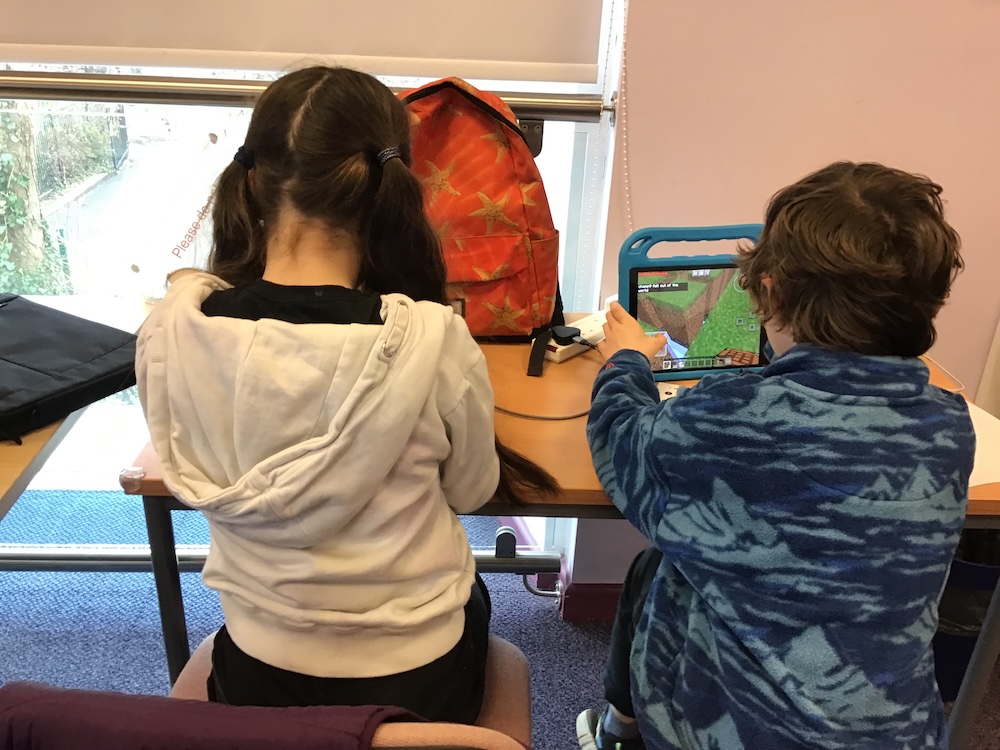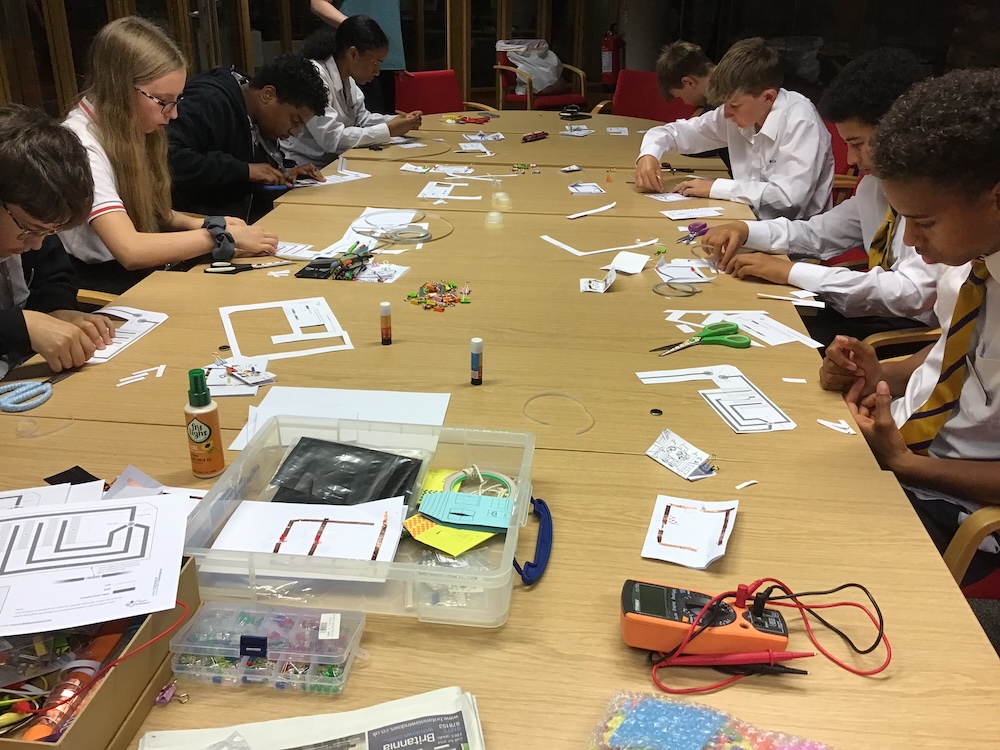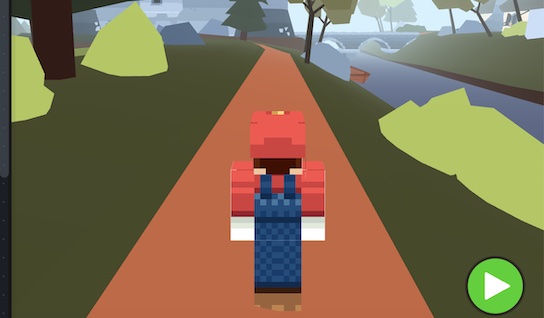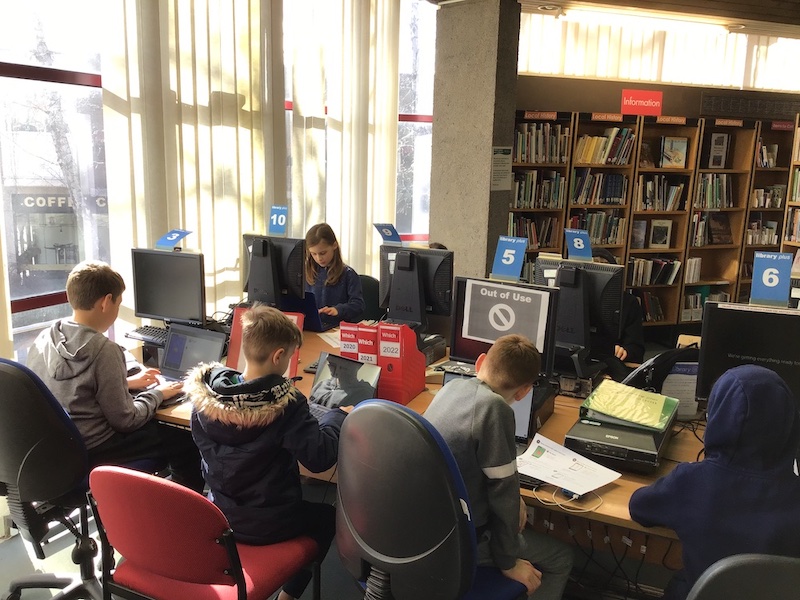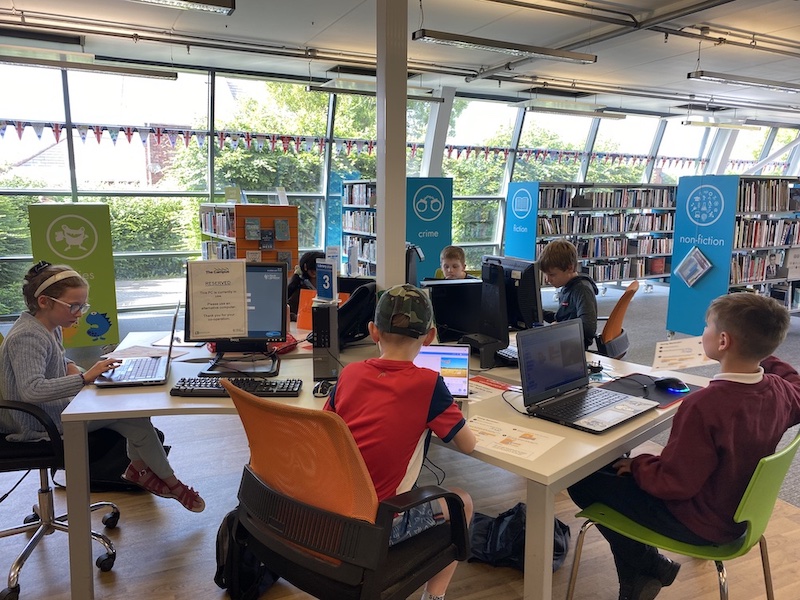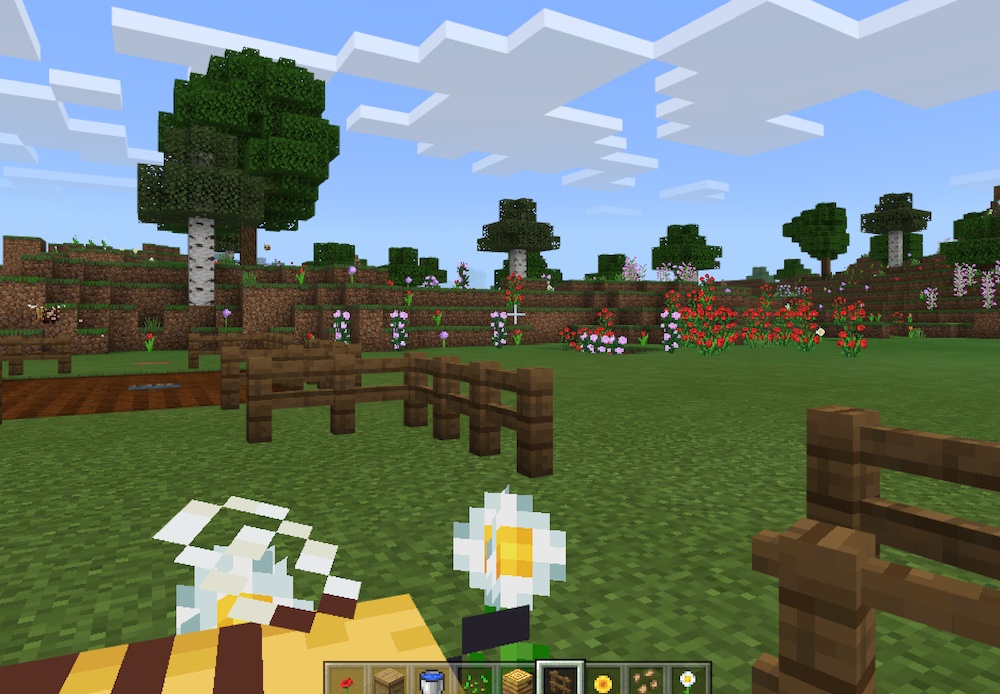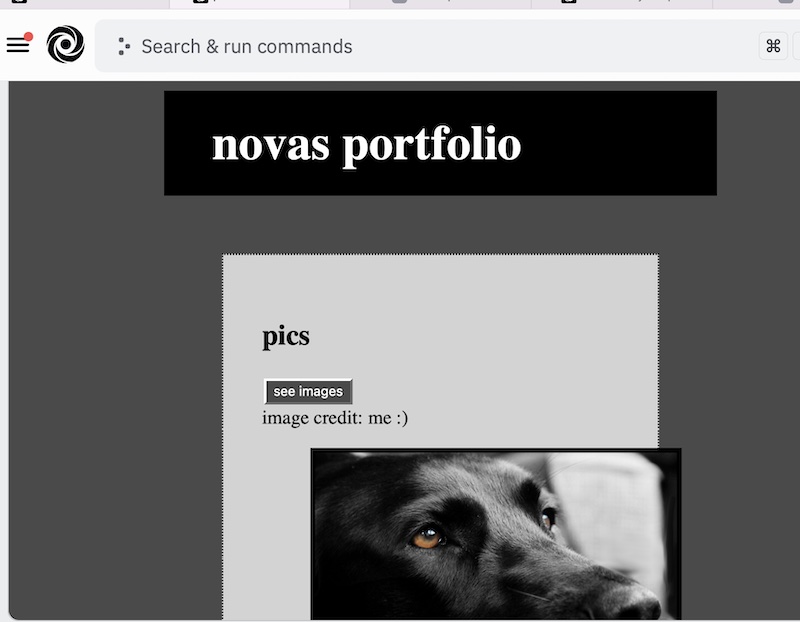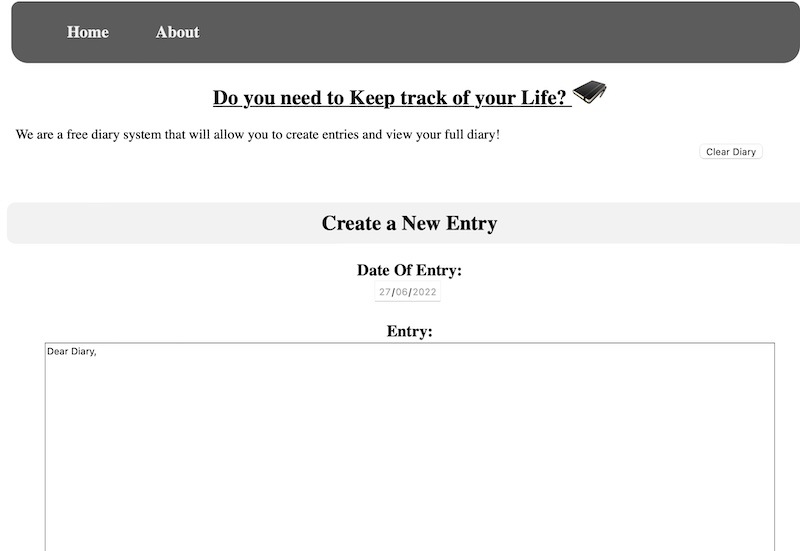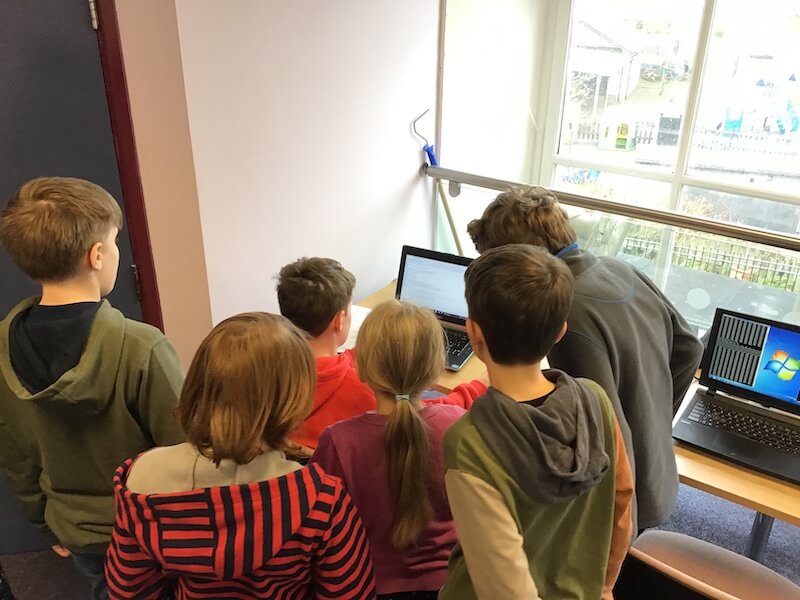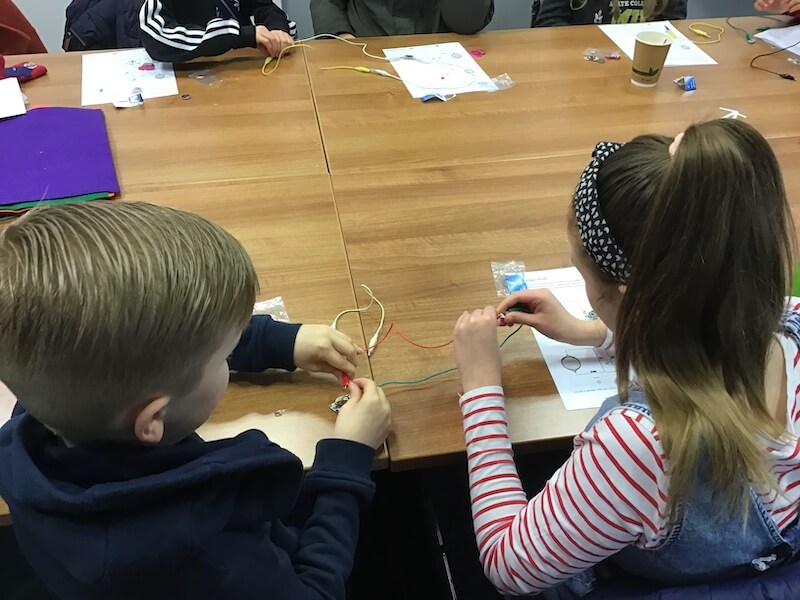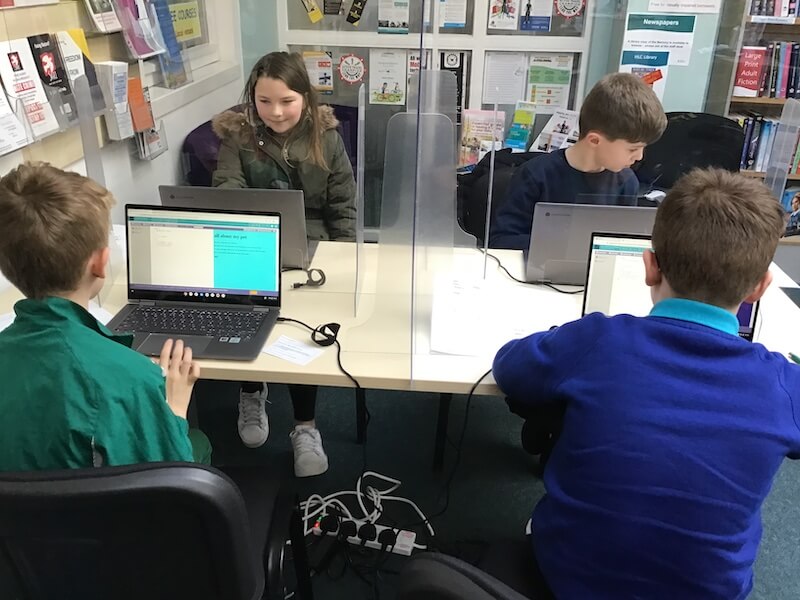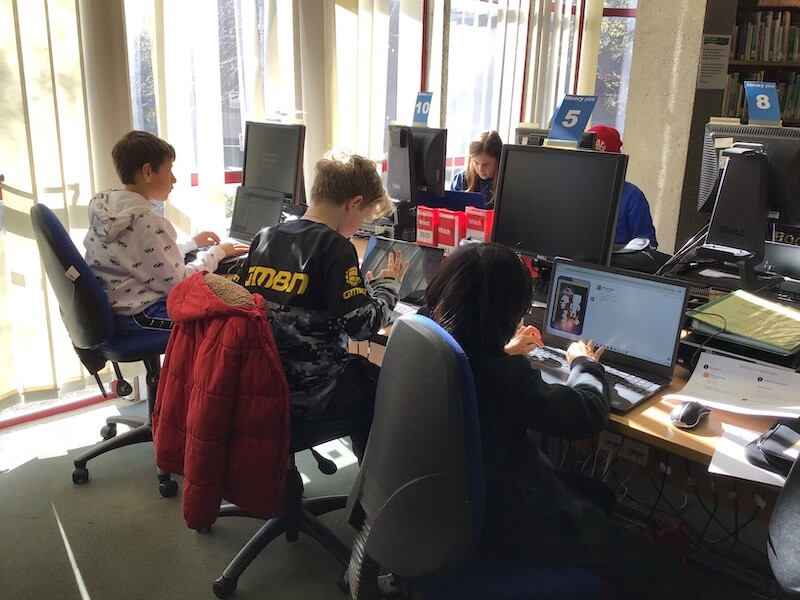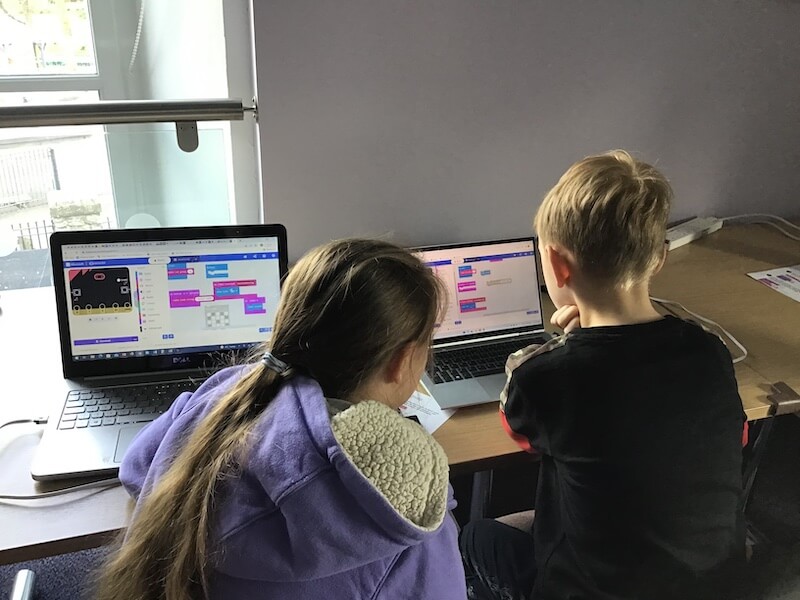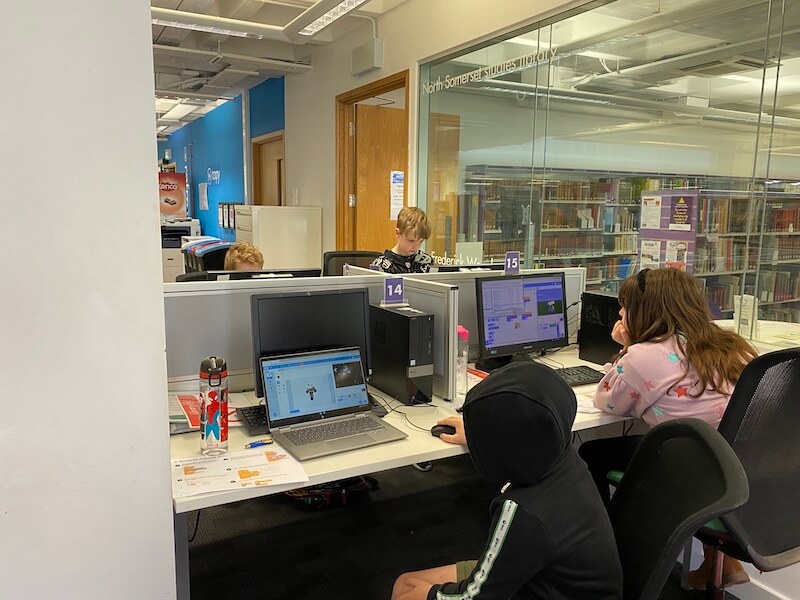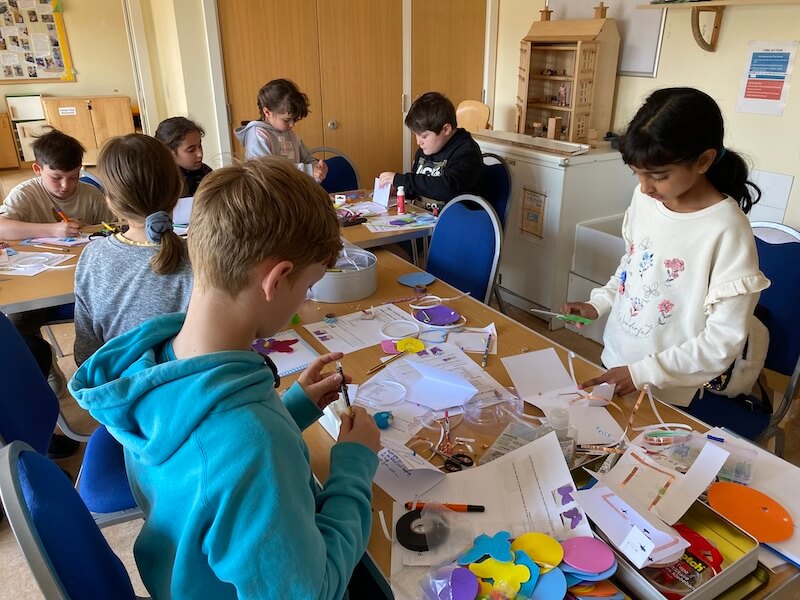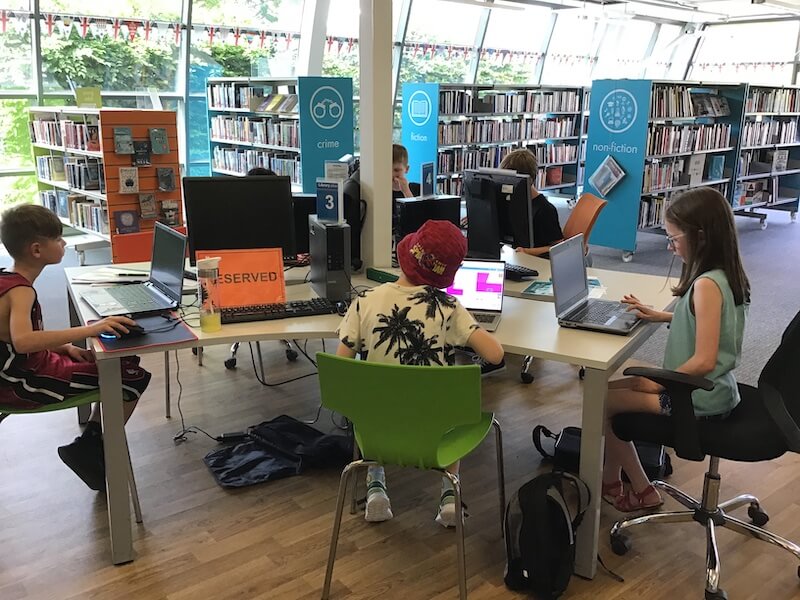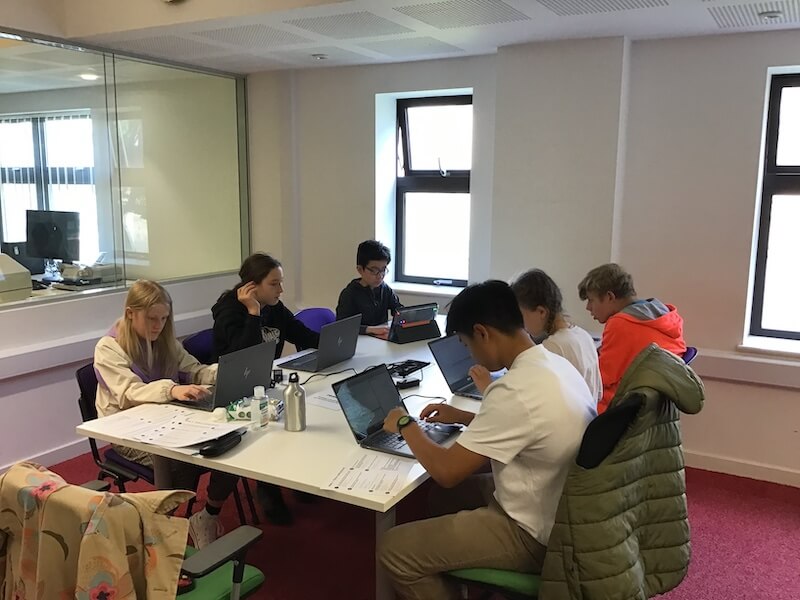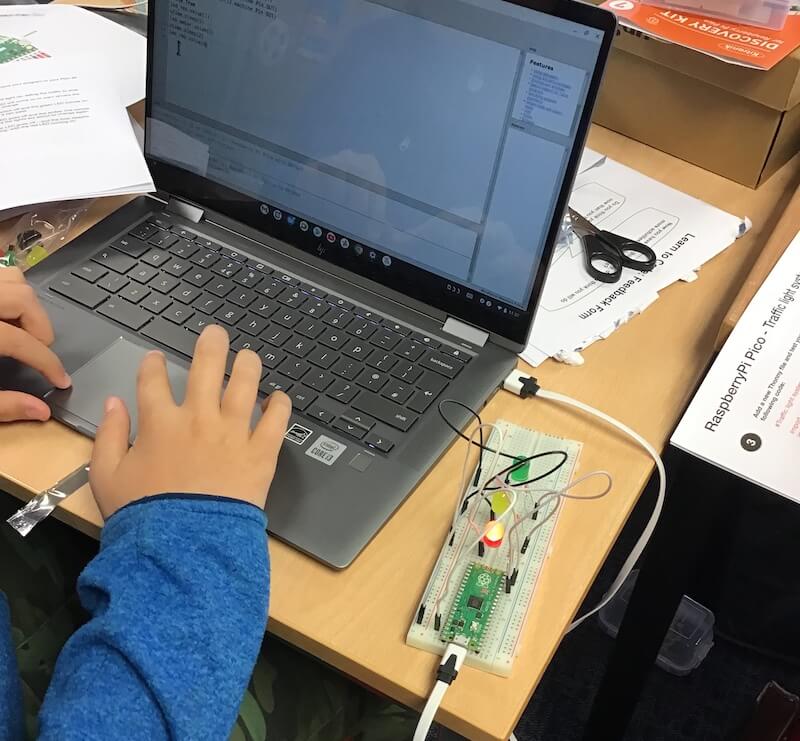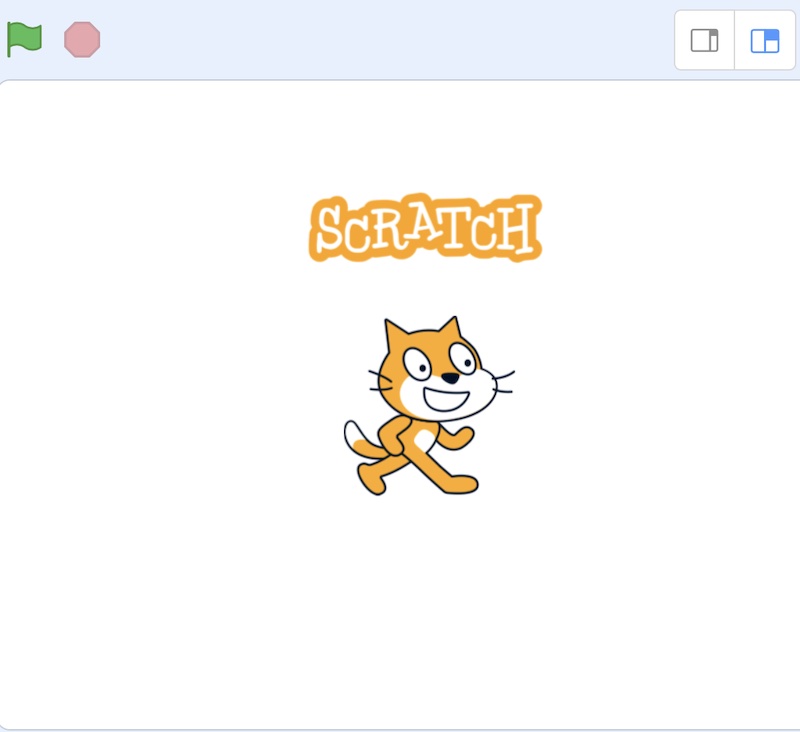There has been only modest progress over the last three decades in terms of getting more women into technology jobs and into positions to make the decisions that affect us all today. In my university cohort I was the only woman graduating with an electronics engineering degree. Back in the early 1990s, when I applied for my first job as an electronics engineer, I was turned away for being a woman.
I navigated the early days of web development in London and worked as a web developer for Microsoft, the Guardian newspaper and a sprinkle of internet start ups. I was one of few women doing web development work. The number of girls studying STEM subjects today is still low. Girls also account for a minority of school-age children who attend my coding clubs – around 20 per cent, at best.
It is self-evidnet to me that we desperately need more girls studying computer science. Technology is embedded into every aspect of our lives and we need more women that can design and create products and services that serve women and children better. Algorithm bias in Artificial Intelligence is real and we need women who can represent us.
As parents, the choices we make for our young children have a huge impact on their future. When we encourage girls to code at a young age, we are helping them to become confident; to be independent; to become problem solvers and critical thinkers. Unfortunately, these skills don’t happen on their own. They need to be learned and nurtured.
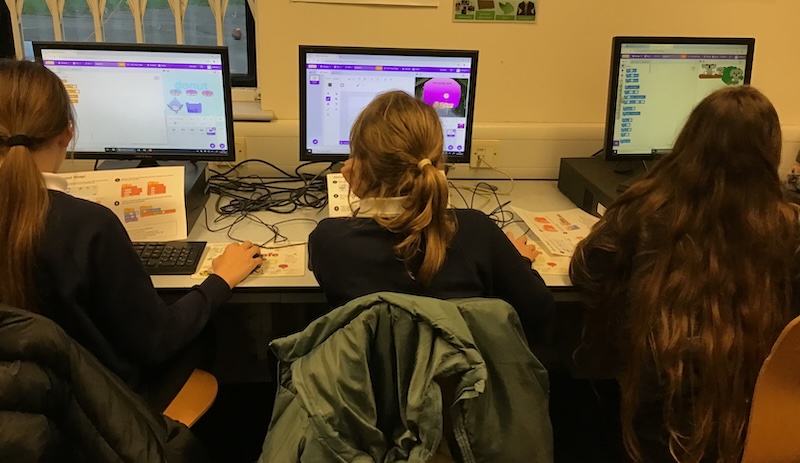
No matter what field of study a child decides to pursue, coding skills will be a gift that they will apply later in the course of their working life. In the same way that a child learns to read and write, coding is also a literacy which gives a child the digital skills needed to help navigate today’s world.
I am very grateful to my parents who told me that electronics wasn’t just for boys. Coding is for everyone. There are not labels attached to it. When you code, a whole new world can open up in front of you. Once you unlock that door, there is no stopping you.
I ❤️ coding!
